‘S**t scared of us’: Aussie farmers erupt at live export ban
Furious farmers are gearing up for a huge political battle as the Australian government “rushes through” highly divisive new laws.
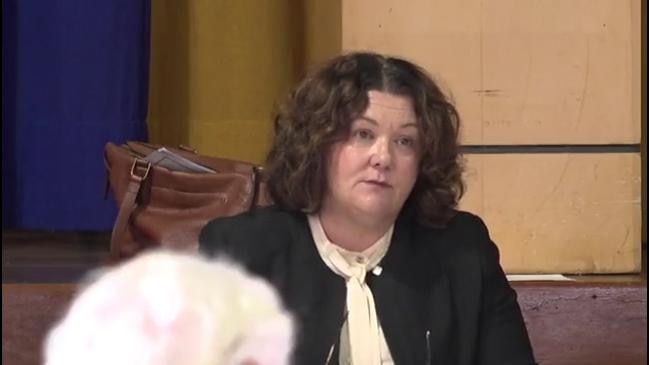
Huge, angry rallies involving thousands of farmers, a delegation to Canberra, and heated public consultations have failed to change the government’s mind about its live export ban.
Laws banning live sheep exports passed Parliament last night through the Senate despite last-minute lobbying, meaning the controversial trade will be closed by May 2028.
Animal rights organisations and advocates say the legislation change will make Australia a “world leader” in welfare, while sheep farmers tasked with carrying out the policy say it will destroy livelihoods and crush regional communities.
The latter are now gearing up for a fierce, four-year political battle, with one WA truckie already mobilising a staggering number of supporters against the ban.
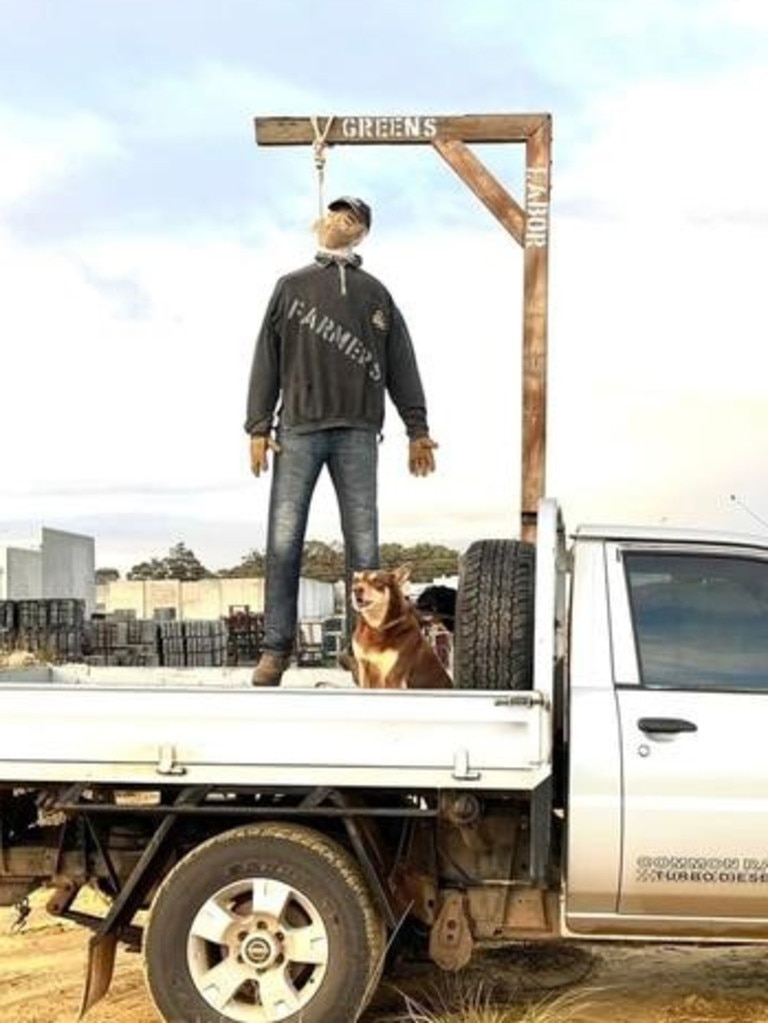
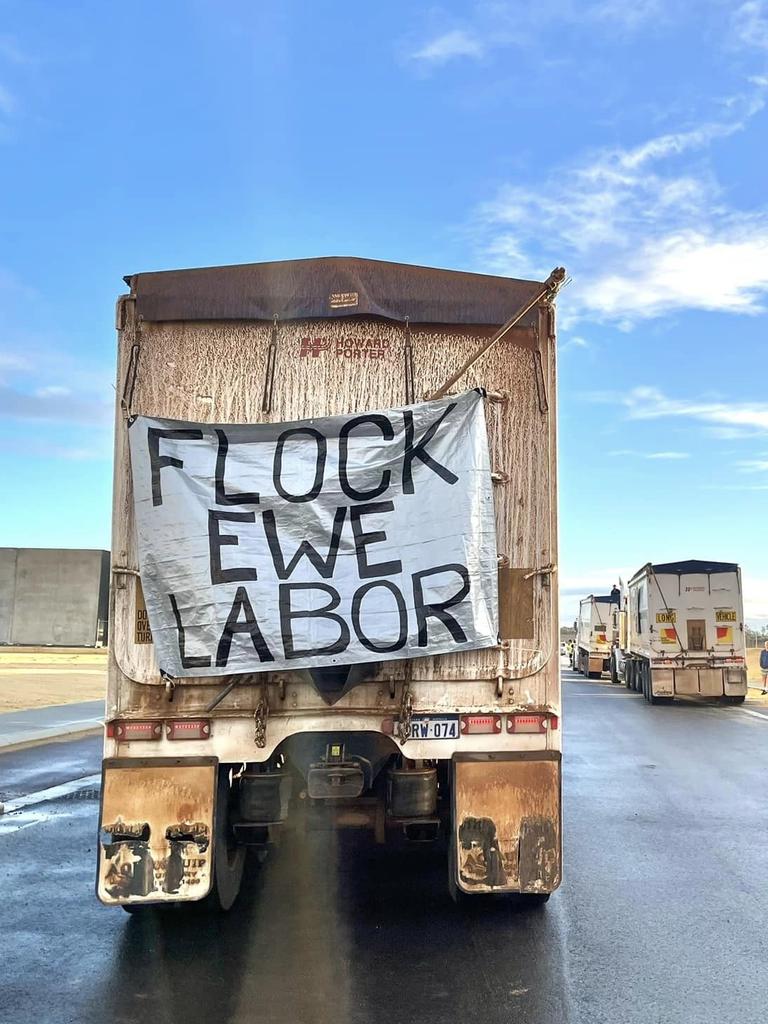
The Export Control Amendment Bill 2024 was presented to the public in May this year.
The Albanese government’s election promise included a $107 million funding package as part of a four-year transition to help farmers transition away from the sheep export industry.
When unveiling the proposed bill, Agriculture Minister Murray Watt argued that the flailing export sector could be refocused to feed Australia and the world’s growing appetite for processed lamb and mutton.
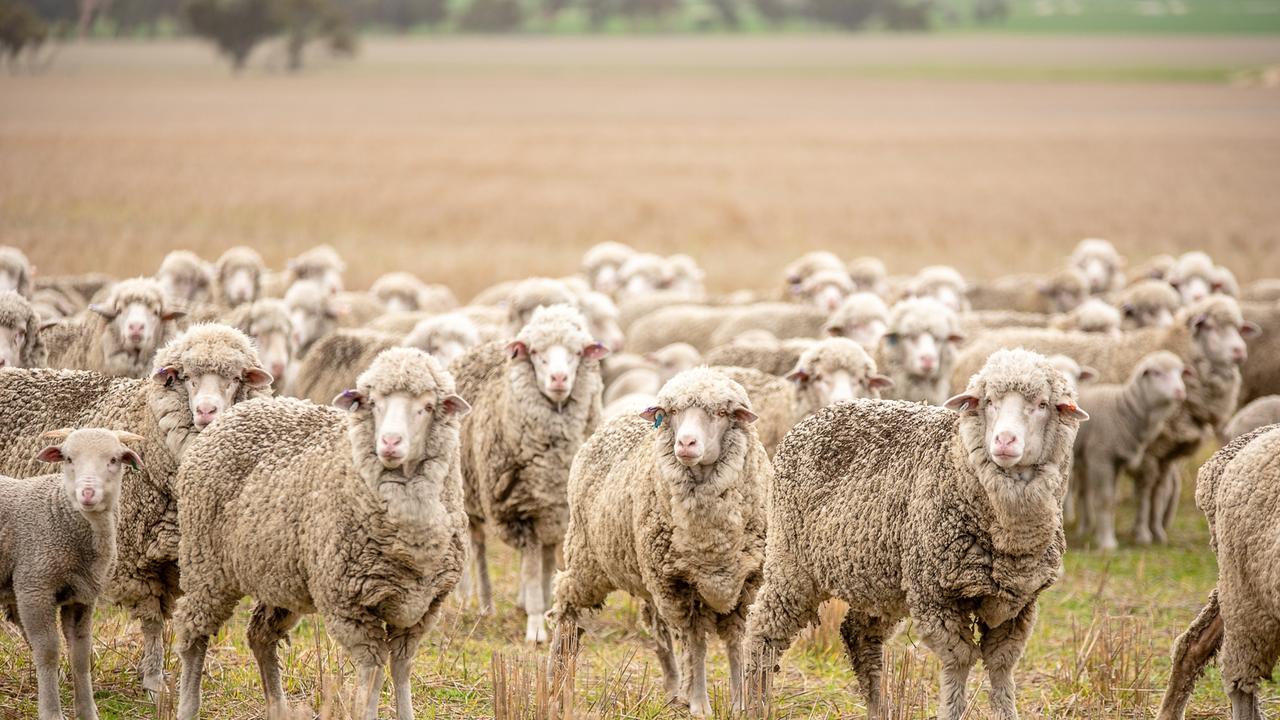
“We all know Australians love their lamb, but now the rest of the world is catching on with demand for lamb and mutton products continuing to grow,” he said.
“Australia’s lamb and mutton exports were worth $4.5 billion in 2022-23 whereas live sheep exports by sea were less than $77 million in 2022-23, less than 0.1 per cent of Australia’s estimated agricultural production in that year.
“While live sheep exports have shrunk by $338 million over the past 20 years, our sheepmeat exports have grown by over 300 per cent over that same period, with exports to the North Africa and Middle East region more than tripling in value over this period.”
‘Dead sheep in paddocks’
Speaking with news.com.au this morning, Nationals leader David Littleproud shared some coarse words on behalf of Western Australian farmers, who are understood to be the most exposed and at the coal face of the changes.
“Western Australia has just been treated with absolute contempt – the government’s got until 2028, and they wouldn’t even undertake a Senate inquiry to allow those senators who voted last night the opportunity to go to Western Australia and to see the industry, to hear from farmers,” he said.
“How is that a reflection of what our democracy should be?”
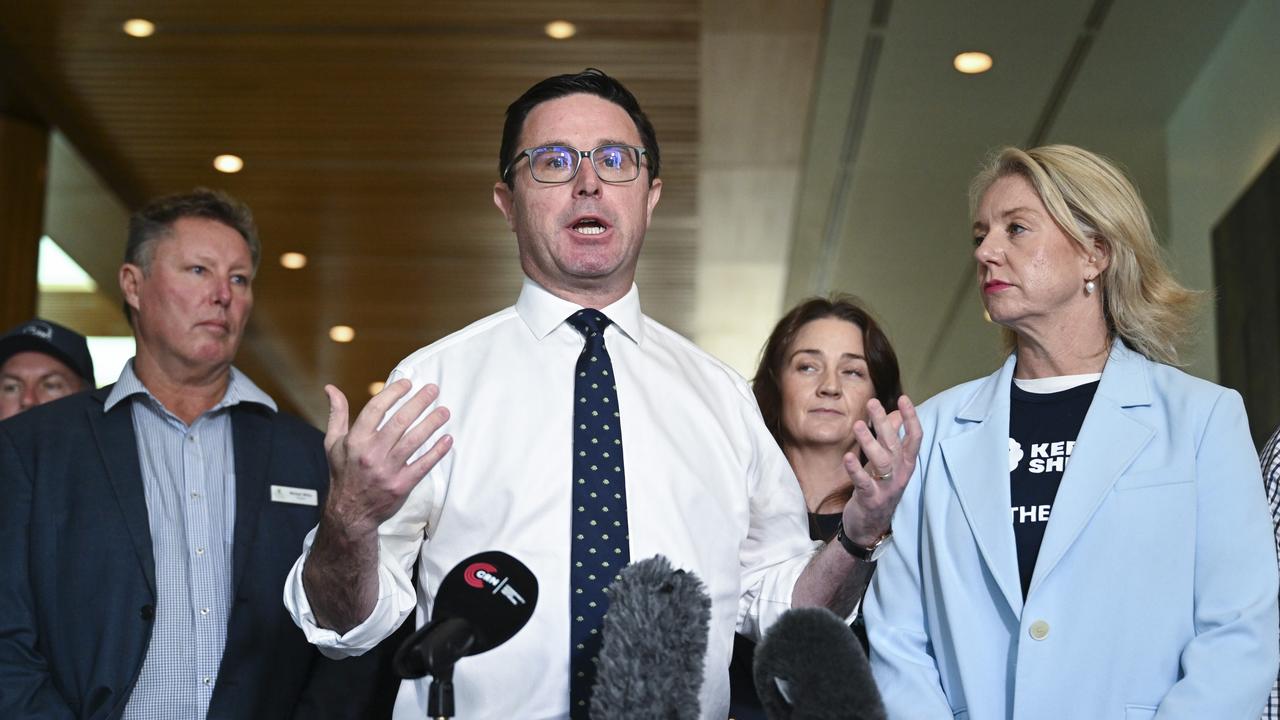
He foresees the legislation as a significant feature in Australia’s next election cycle.
“This is the Albanese (government) sitting on the East Coast telling Western Australians how to suck it up,” he said
“They’d only take advice from animal activists, that’s all they’ve taken advice from.
“Movements are going to mobilise against the Labor WA; this is an issue not just for regional WA but for Perth as well because Western Australians don’t like being told what to do by East Coast politicians, particularly someone like Anthony Albanese.”
“WA is going to play a very active role from now right through the next election.”
Mr Littleproud said there are already anecdotes of farmers shooting their sheep, which they believe will be rendered “worthless” by the bill.
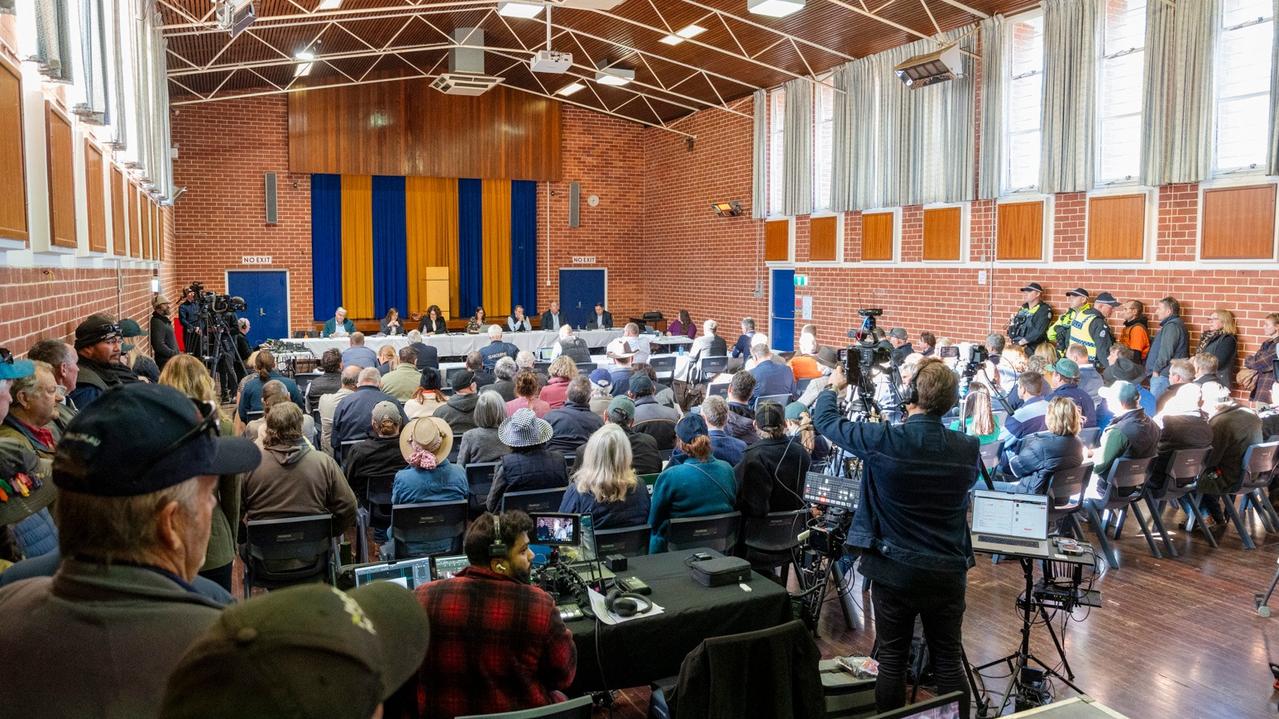
“That’s at the feet of Anthony Albanese, RSPCA and Animals Australia – dead sheep in paddocks – from farmers who are desperate and can’t afford to (process them locally),” he said.
It was Mr Littleproud’s understanding that a net global dip in animal welfare standards would result.
“There will be the senseless, horrific death of millions of sheep at the hands of Anthony Albanese from countries like Ethiopia, Sudan, South Africa who will take this market,” he said.
“This industry will continue, just not without Australia. We’re gutless for what we’ve done.”
Australia is now a ‘world leader’
Animal welfare has been cited at the forefront of the government’s push to end the divisive trade.
RSPCA Australia CEO Richard Mussell said the animal welfare community was “relieved” by the historic passage of Monday night through Parliament.
“(We’re) relieved that, from 1 May 2028, sheep will no longer be sent on long-haul journeys that the animal welfare science overwhelmingly tells us puts them at a great risk of suffering,” he said on Monday night.
“(We’re) relieved that so many MPs and Senators, from across the Parliament, have supported the phase-out and seen this legislation for what it is – about animal welfare.
“And relieved that soon, disasters like we’ve seen so many times involving Australian sheep at sea will be a thing of the past as we put this shameful chapter of Australia’s history behind us and protect the welfare of sheep.”
Ms Mussell in his statement labelled the live sheep export industry “unfixable” and “unnecessary” in contrast to what farming lobbies have argued in recent months.
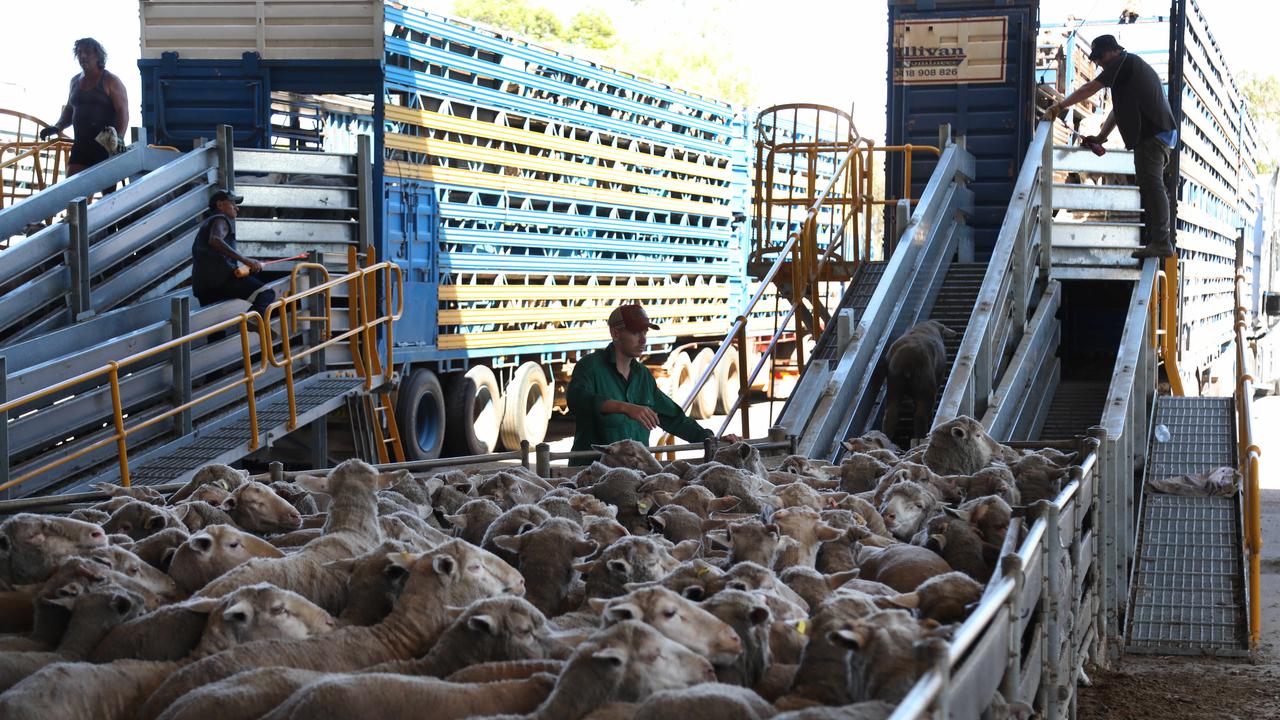
“The Australian community decided a long time ago that it is unacceptable … and today, Australia’s 47th Parliament has decided that it will be unlawful,” he said.
“Australia is now truly leading the way for animal welfare, with this definitive commitment to ending live sheep export by sea and transitioning to a more sustainable and humane future.”
Animals Australia’s, which uncovered severe instances of cruelty during the live export journey overseas in 2003, explained on Monday night, “It was routine for sheep to be tied to roof racks, and stuffed into car boots in suffocating heat, only to then face the terror and pain of fully conscious slaughter” when exported.
In a video statement, Shatha Hamade, investigator and legal counsel for Animal statements, said, “the suffering of millions of gentle sheep now has an end date, and our hearts are full of hope.”
The Australian Greens on Monday morning issued a social media statement emphatically welcoming a “legislated date for the end of this barbaric trade.”
Australia is far from alone in banning live exports by sea; New Zealand, Brazil, and Britain have imposed similar policies in recent years.
The industry lobby has consistently argued welfare standards have improved significantly in recent years.
‘It affects everything’: 64,000 Aussies join farmers’ revolt
One such farmers movement that sprouted as the bill slowly became law was Keep the Sheep, led by WA livestock truckie Ben Sutherland.
Mr Sutherland joined the delegation of WA farm industry representatives to lobby in Canberra on the eve of the senate vote.
Over the last two months, his sophisticated but spur-of-the-moment campaign has driven massive rallies in Perth and other parts of the state.
Affected farmers and supporters, whom Mr Sutherland calls “the Farmy Army”, have produced, at times, confronting messages to those calling the shots in Canberra.
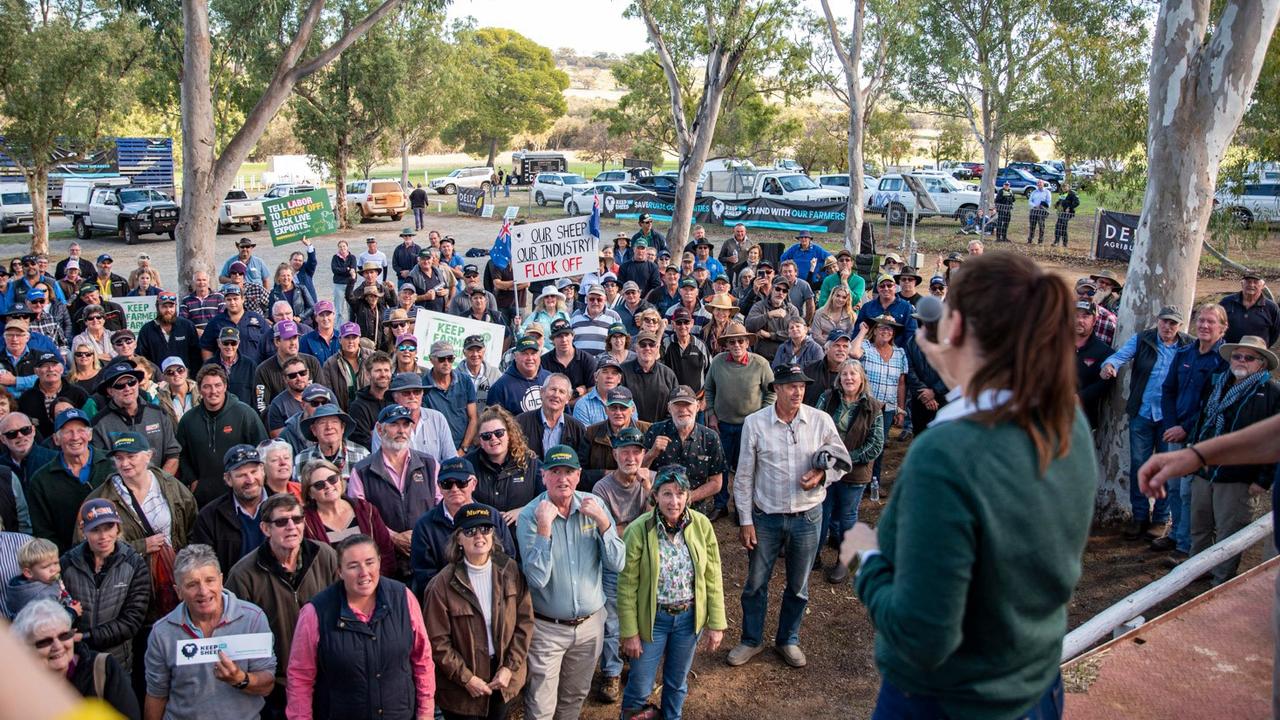
For Mr Sutherland, the magnitude of the changes is dire.
Personally, as a small-scale livestock trucking operator, he faces 30 per cent of his bottom line disappearing, which he says would “devastate my livelihood.”
Mr Sutherland and the industry delegation met Anthony Albanese on Monday while lobbying in an eleventh-hour but ultimately unsuccessful bid to impact the bill’s course.
He told news.com.au the discussions were “condescending” and “from a position of arrogance”, with the group ultimately feeling “ignored”.
But the government has a “kick up the arse” coming, Mr Sutherland said, with his four-week Keep the Sheep campaign ready to unload on Australia’s political realm.
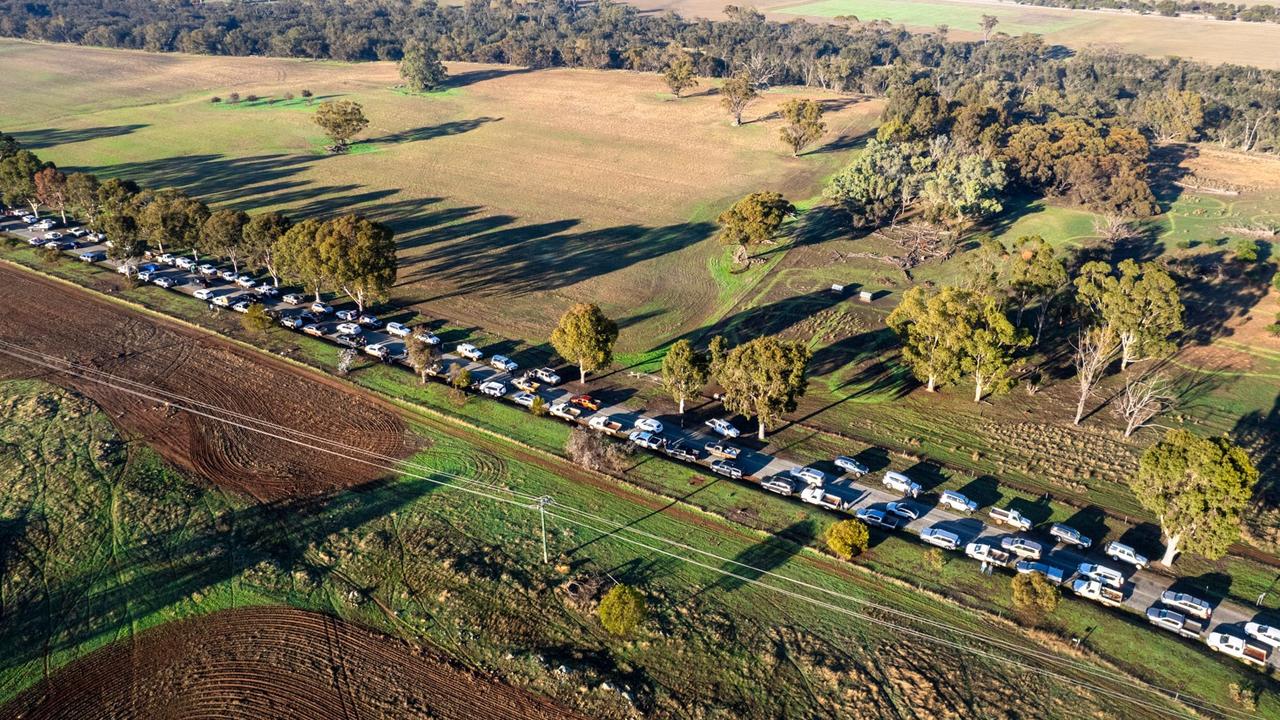
So far, just shy of 64,000 people have pledged support to the Keep the Sheep movement, with supporters donating over $408,000.
“They’re s**t scared of us mate … that’s why they rushed this through and didn’t want to do an inquiry … we’ve still got some tricks up our sleeve,” he said.
Those tricks include challenging the marginal WA battleground seats of Hasluck, Tangney, Swan and the newly formed electorate Bullwinkle in Perth’s east.

Speaking to the press at a Canberra doorstop on Monday, Mr Sutherland detailed what they feared for regional Western Australian communities.
“It affects my IGA, it affects my pub, it affects my sporting groups, it affects everything that goes on in my rural community,” he said.
Today, his message was slightly more optimistic. He refused to look into the crystal ball to see what the ban would look like.
“We’re not giving up. This isn’t the end. There’s still plenty more we can do in the next four years,” he said.






